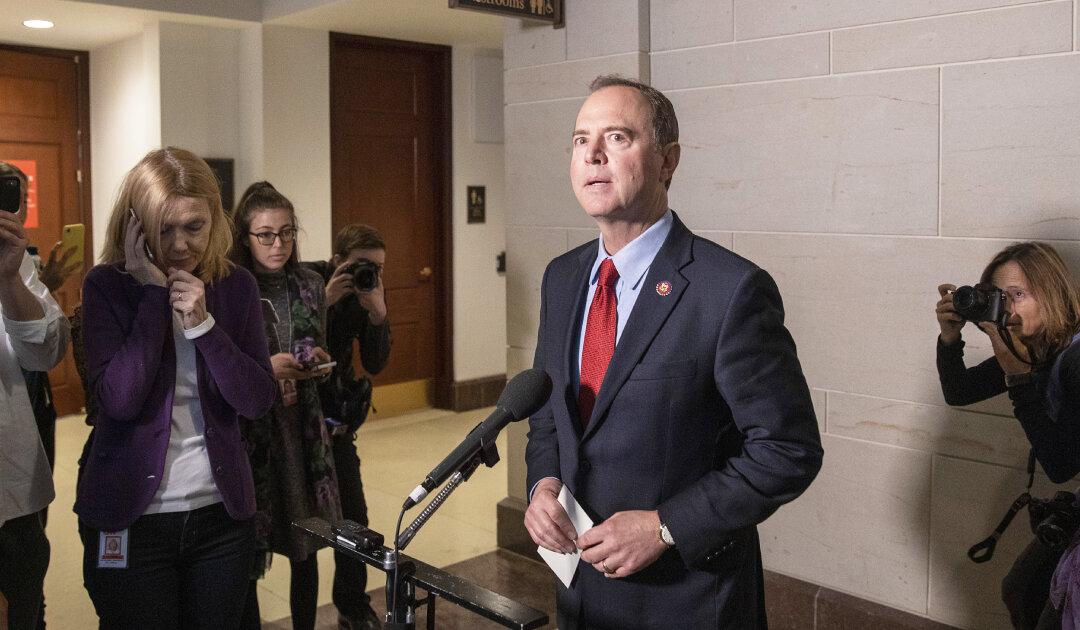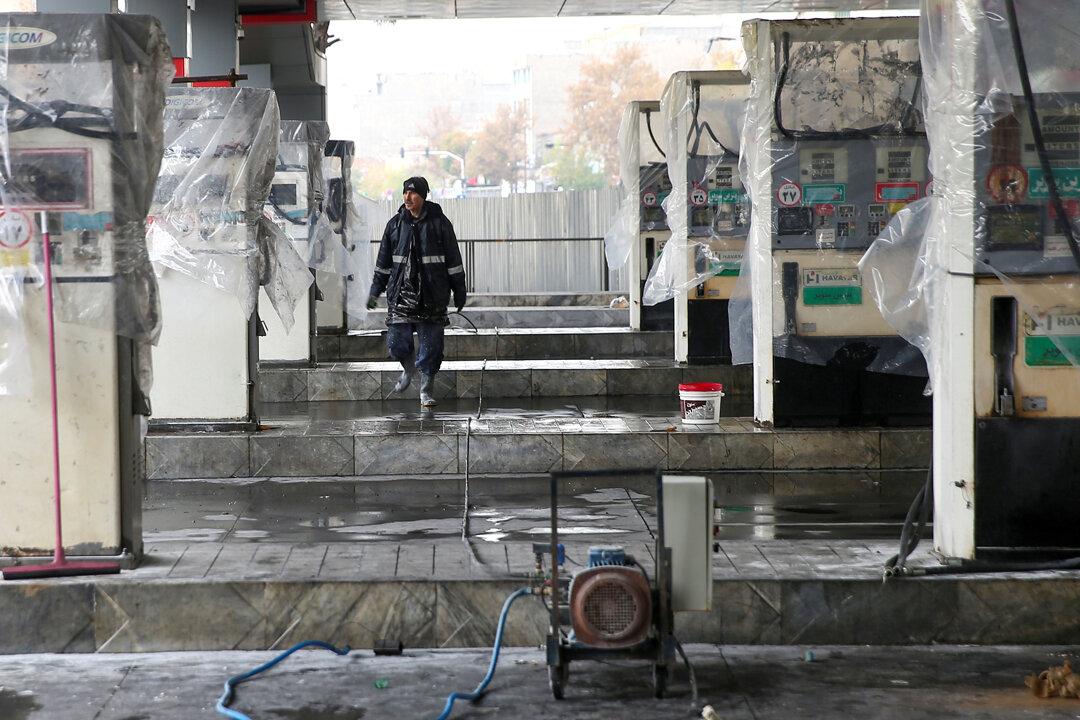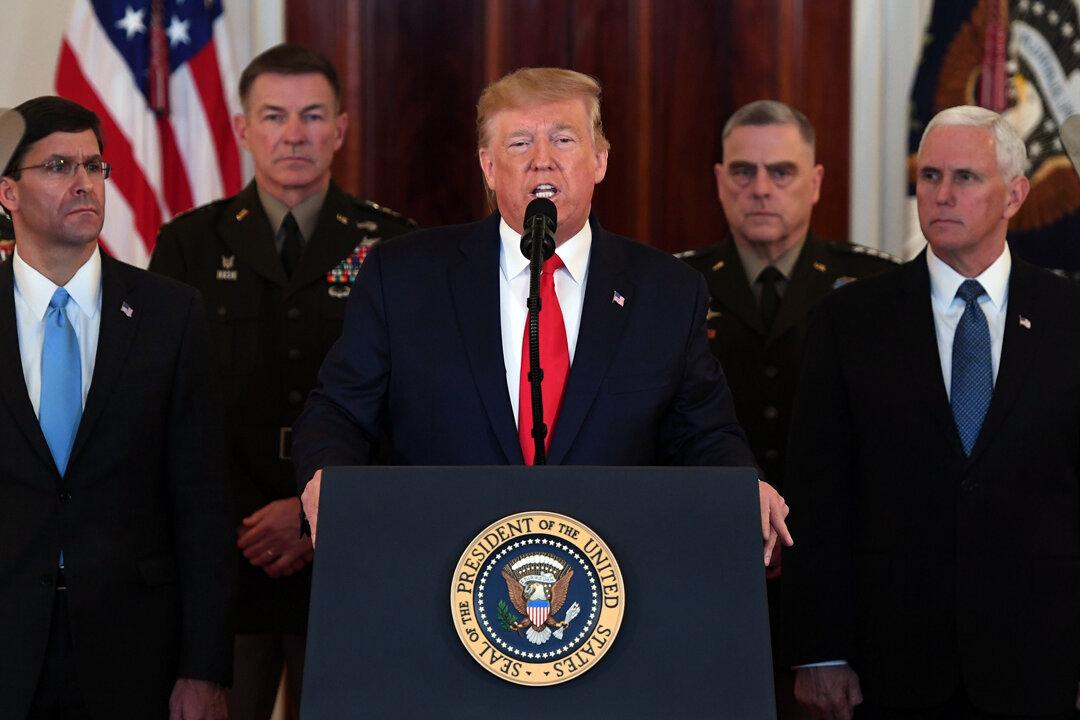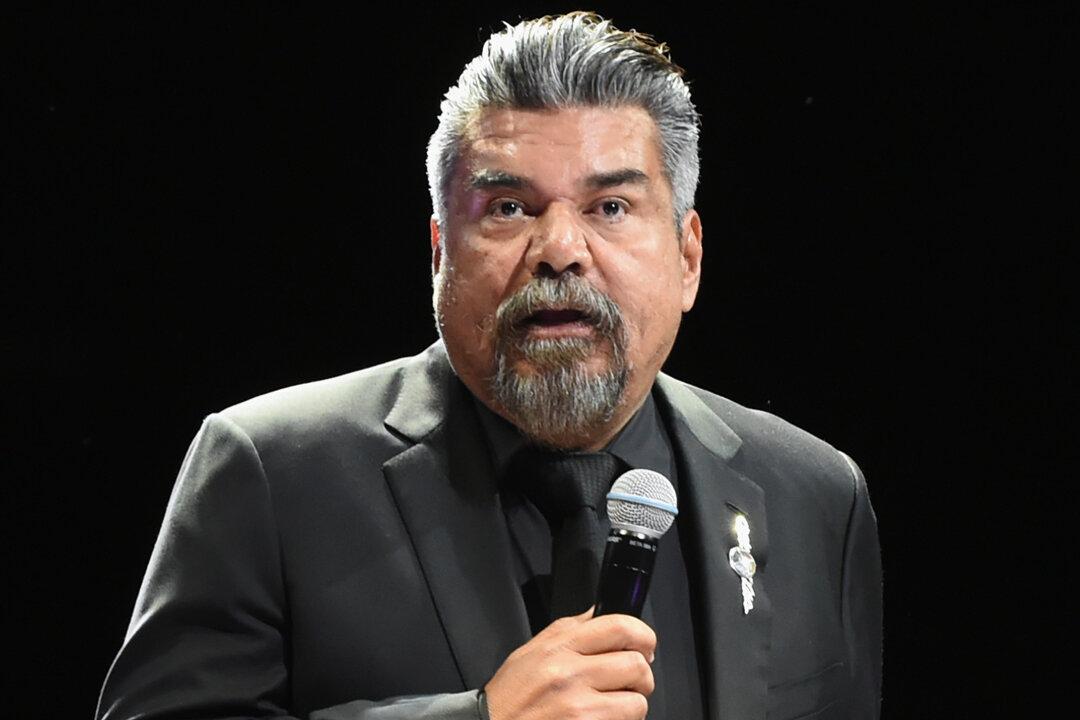Commentary
House Democrats recently advised that a second whistleblower has emerged. This whistleblower is represented by the attorney representing the initial whistleblower and, apparently, has first-hand knowledge regarding the allegations in the initial whistleblower complaint and/or the president’s conversation with the Ukrainian president.





